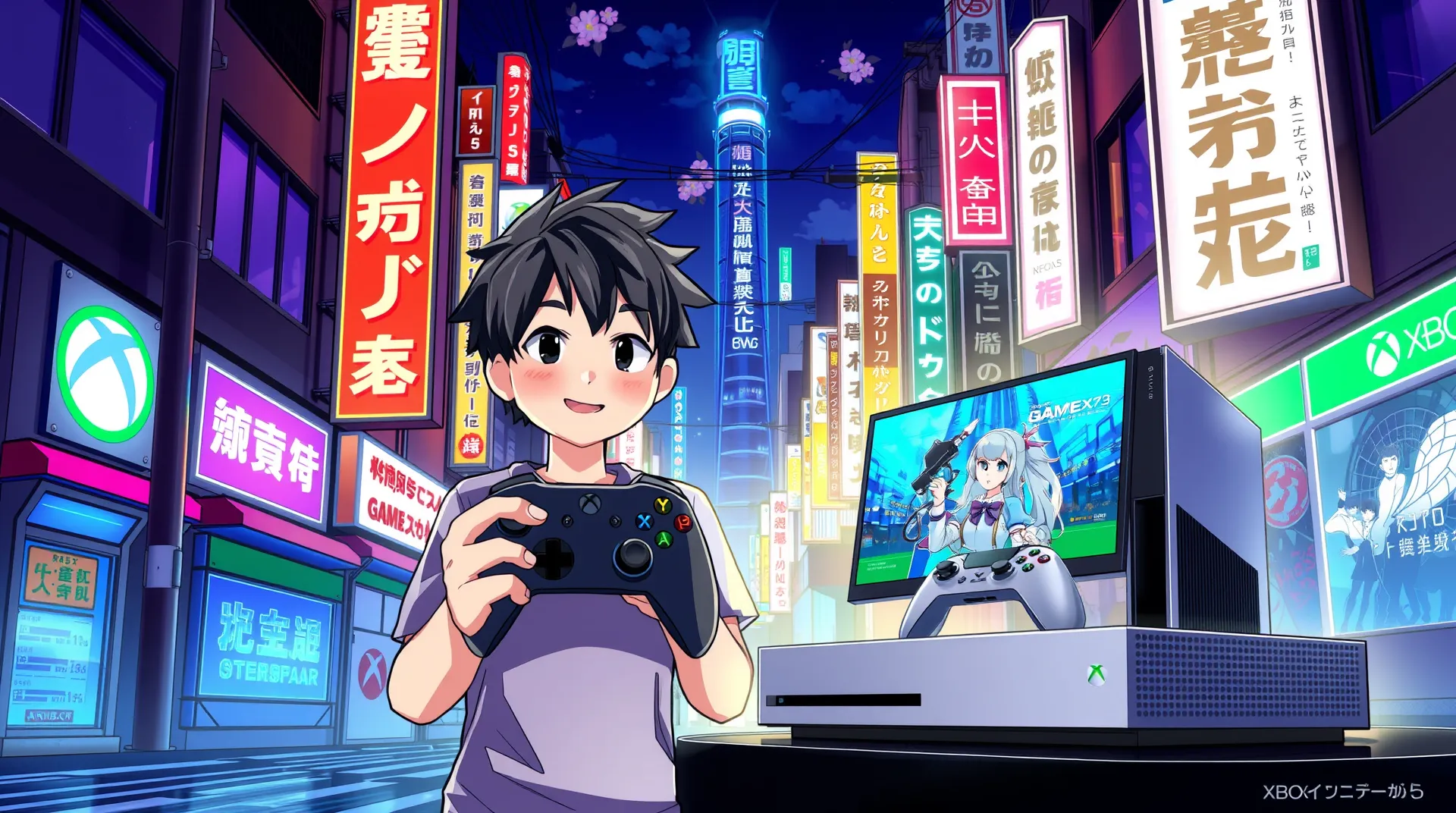Homegrown giants like Sony and Nintendo have historically dominated the gaming industry in Japan, but Xbox is making waves in this competitive landscape. With strategic moves and a growing fanbase, Microsoft is steadily carving out a space in a market once seen as impenetrable for foreign consoles.
Xbox’s Journey in Japan
Early Struggles
When the original Xbox launched in 2002, its bulky design and Western-focused game library struggled to resonate with Japanese gamers. The lack of exclusive Japanese titles compounded the issue, leaving Microsoft lagging far behind Nintendo and Sony.
Despite introducing innovative features with the Xbox 360 and Xbox One, Microsoft faced similar challenges:
- Cultural Disconnect: Western-centric branding and game selection didn’t cater to Japanese tastes.
- Limited Market Presence: Distribution and marketing efforts were less aggressive compared to competitors.
- Strong Local Alternatives: The enduring popularity of Sony’s PlayStation and Nintendo’s consoles made market penetration difficult.
The Turning Point: Xbox Series X|S
With the Xbox Series X|S launch, Microsoft shifted its strategy, focusing on what matters most to Japanese gamers: games, accessibility, and community engagement.
Key Strategies for Success
- Game Pass Revolution
The introduction of Xbox Game Pass, offering a massive library of games at a subscription price, was a game-changer. It appealed to value-conscious gamers in Japan, providing access to beloved franchises and indie hits. - Japanese Game Development Partnerships
Microsoft invested heavily in partnerships with Japanese developers, bringing exclusive titles like Persona 5 Royal and Octopath Traveler to Game Pass. - Compact Console Design
The Xbox Series S’s smaller, minimalist design was more appealing to Japanese consumers, who often prefer compact electronics. - Localized Marketing Campaigns
Microsoft tailored its messaging for Japanese audiences, using local influencers and ads to boost visibility. - Cloud Gaming Expansion
With Xbox Cloud Gaming, players can access console-quality games on mobile devices, aligning with Japan’s strong mobile gaming culture.
Popularity Indicators
Sales Growth
According to recent sales data, Xbox consoles have seen unprecedented growth in Japan. While still behind the PlayStation and Nintendo Switch, Xbox’s market share has steadily increased.
Community Engagement
Xbox Live and Game Pass subscriptions in Japan have surged, indicating a growing and loyal player base. Social media platforms are abuzz with Japanese gamers sharing their Xbox experiences.
Event Presence
Microsoft’s participation in Japanese gaming events like the Tokyo Game Show has bolstered its visibility and fostered stronger connections with local gamers.
Why Xbox is Gaining Popularity in Japan
- Broad Game Selection
The inclusion of JRPGs, visual novels, and indie games on Xbox Game Pass attracts diverse gaming preferences. - Affordable Entry Point
The Xbox Series S provides a cost-effective entry into next-gen gaming, appealing to budget-conscious gamers. - Global Gaming Ecosystem
Xbox’s seamless cross-platform capabilities and cloud integration resonate with Japan’s tech-savvy population. - Community-Driven Approach
Microsoft’s focus on listening to player feedback and adapting its offerings has cultivated trust and interest among Japanese gamers.
Challenges Ahead
Despite its progress, Xbox still faces hurdles in Japan:
- Strong Competitors: Sony and Nintendo’s dominance remains a significant challenge.
- Brand Perception: Xbox is still seen by some as a foreign brand with less cultural relevance.
- Game Library Gaps: While improved, there is room for more exclusive Japanese titles.
Looking to the Future
With its current momentum, Microsoft is poised to continue its upward trajectory in Japan. Plans to expand Game Pass offerings, enhance cloud gaming infrastructure, and forge deeper connections with Japanese developers could further solidify its place in this competitive market.
Upcoming Developments
- Exclusive Partnerships: More collaborations with Japanese studios are expected.
- Localized Features: Enhanced localization efforts, including voice acting and in-game text, will improve accessibility.
- Cultural Integration: Future marketing campaigns will likely delve deeper into Japanese culture, further bridging the gap.
What Xbox’s Growth Means for the Industry
Xbox’s increasing popularity in Japan signals a shift in the global gaming landscape. It showcases the importance of:
- Adaptability in a Local Market: Tailoring strategies to meet cultural preferences.
- Player-Centric Ecosystems: Offering value through services like Game Pass and cloud gaming.
- Diverse Game Libraries: Catering to a wide range of gaming tastes to appeal to different demographics.
The Bottom Line: Xbox’s rise in Japan demonstrates that with the right strategies and an unwavering commitment to players, even the most challenging markets can be won over.


3 thoughts on “Xbox’s Popularity in Japan: A Rising Tide in a Competitive Market”